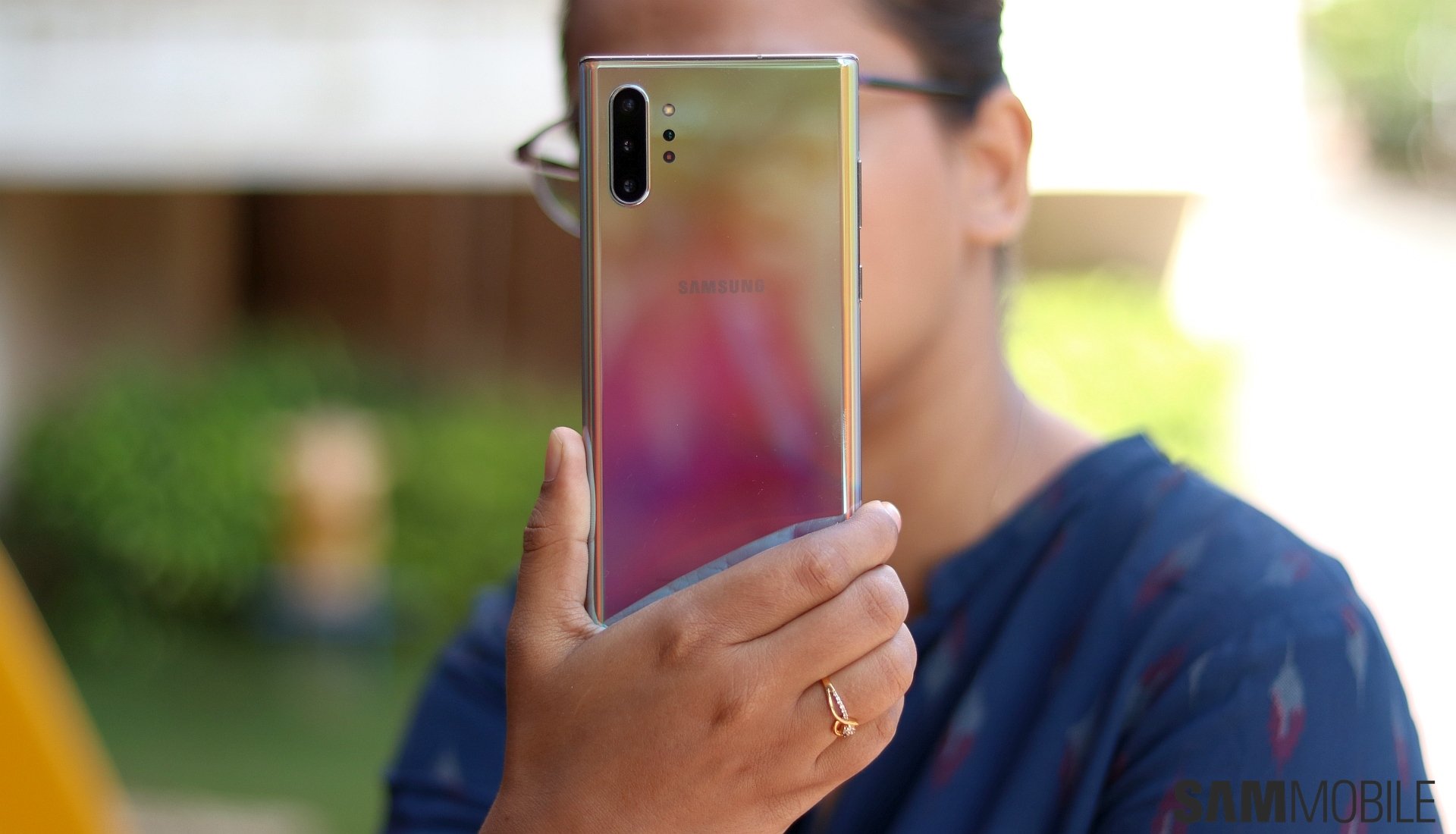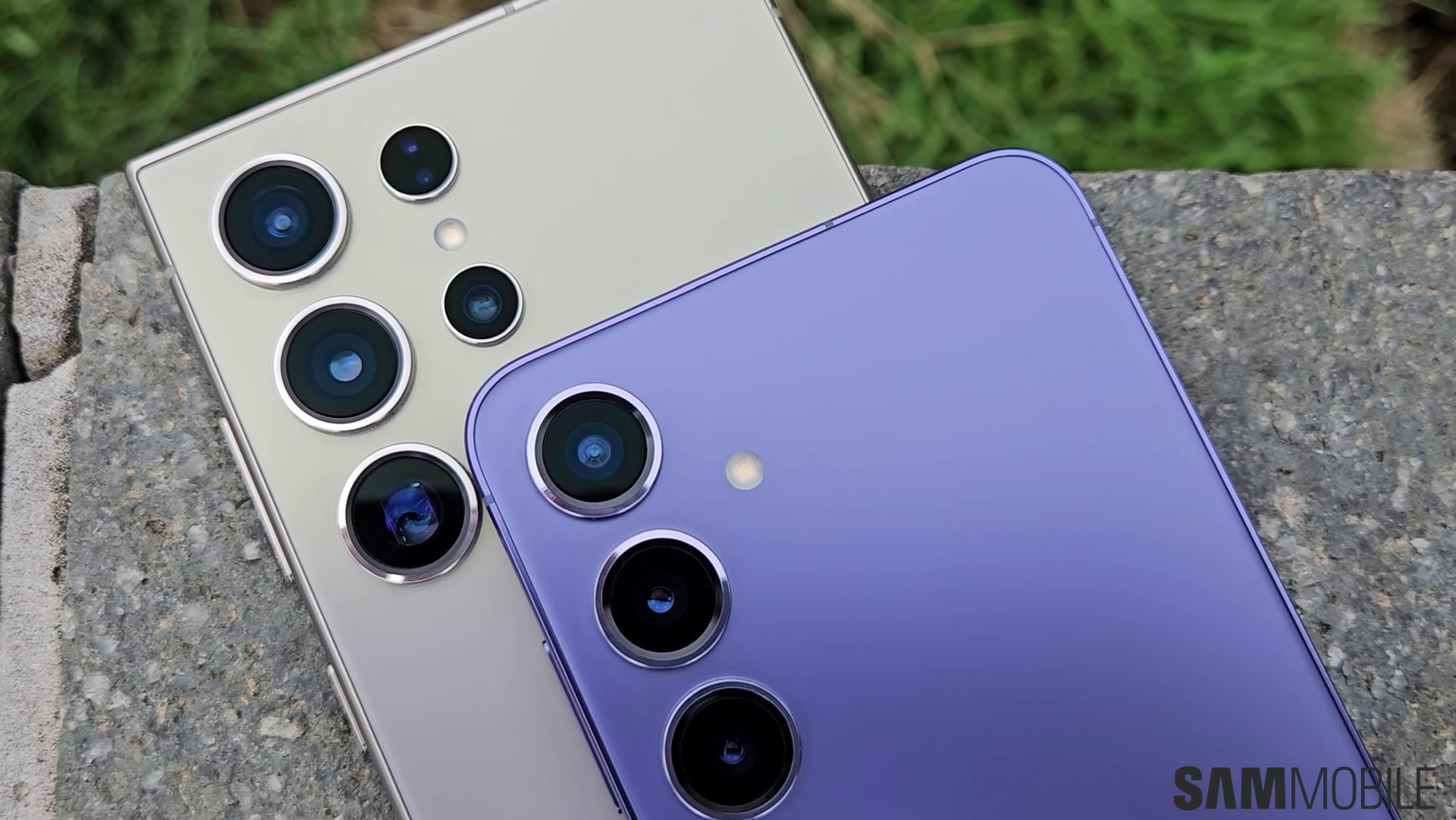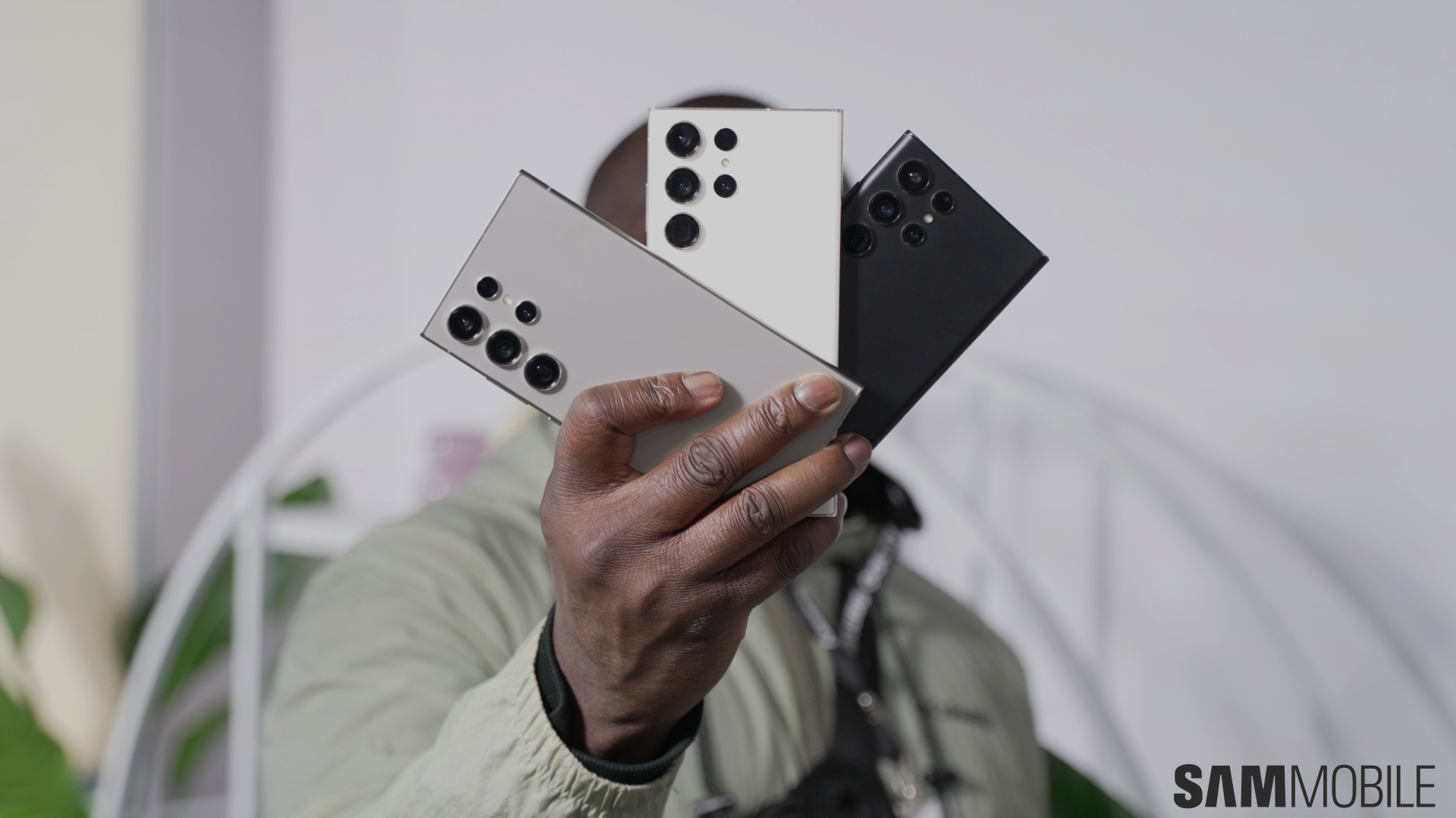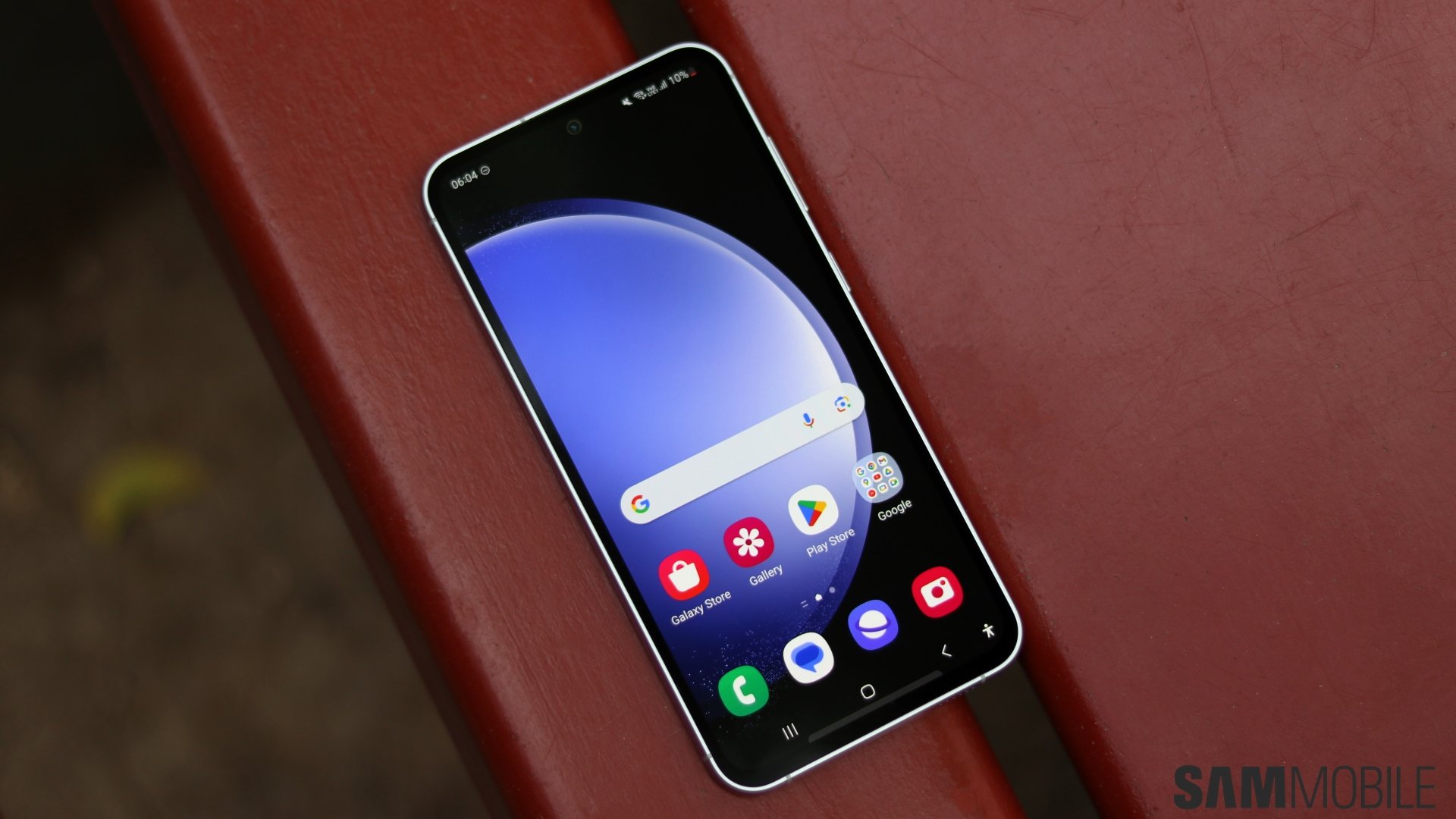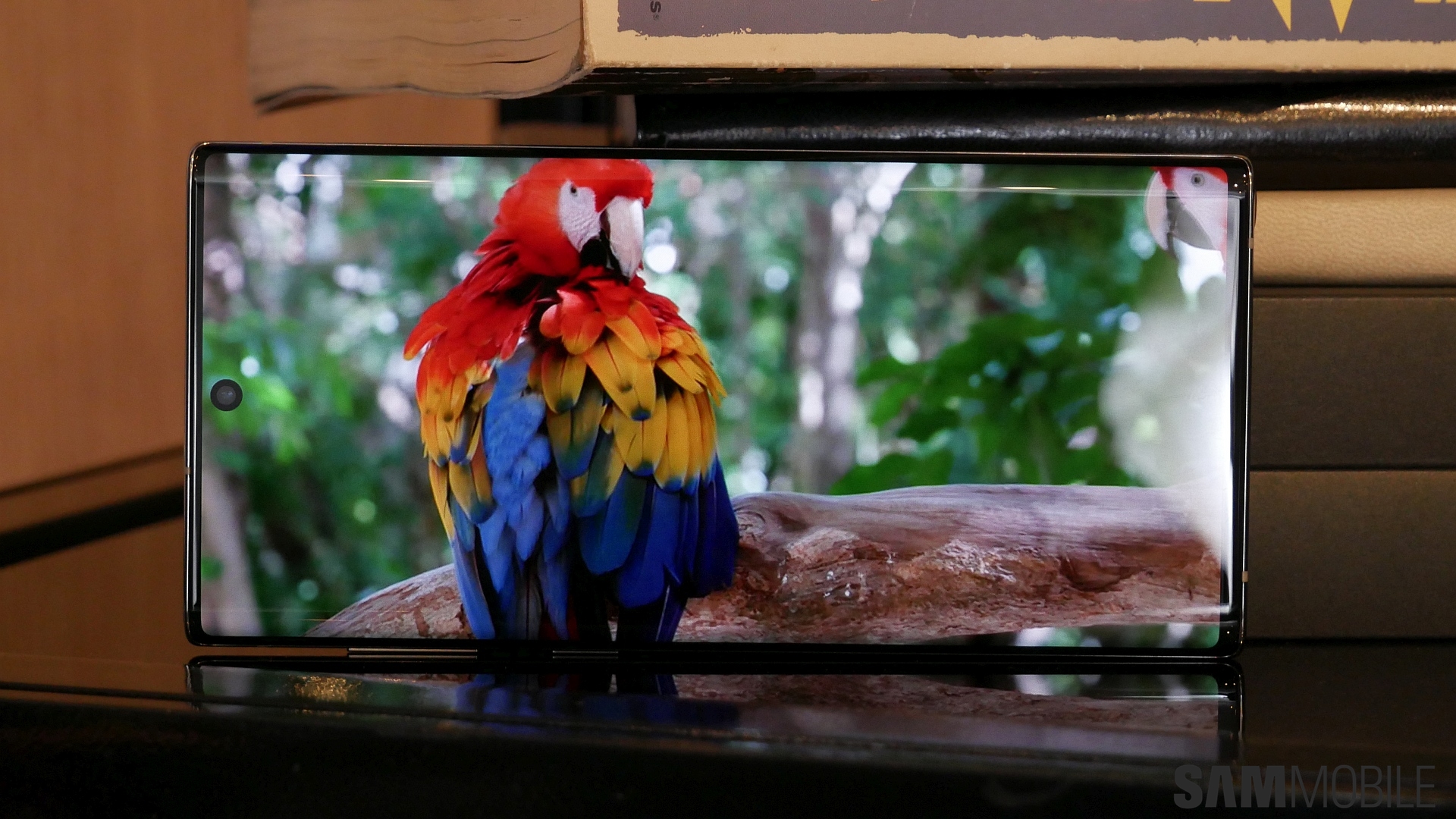
In addition to improving the hardware performance, Samsung has also improved the picture quality and color accuracy of the panel. This makes the Galaxy Note 10+'s display stand tall above the competition; not that there is much, as Samsung Display has an absolute monopoly in the mobile OLED market.
The Galaxy Note 10+ has the best display on a phone
The overall Galaxy Note 10+ display performance has been improved to record-setting Outstanding levels with 13 Display Performance Records, as revealed by DisplayMate after its extensive testing of the panel.
Samsung has implemented Precision Factory Display Calibration to improve the absolute picture quality and color accuracy. At 0.4 JNCD, the latter is classified as Visually Indistinguishable From Perfect. The improvement in the actual hardware performance has bumped up the peak brightness to 1,308 nits, a new record and a 25 percent increase compared to the Galaxy Note 9. This means that the device will remain unfazed even in high ambient light.
DisplayMate has awarded the panel with an A+ grade as it sets or matches 13 smartphone display performance records, including for peak luminance and color accuracy that's independent of the content on the screen. Simply put, the Galaxy Note 10+'s 6.8-inch panel is the best display on a phone right now. The 3040×1440 pixel resolution panel with 498 pixels per inch uses Sub-Pixel Rendering. This helps improve the sharpness even further since the individual RGB Sub-Pixels aren't bound together into fixed Pixels.
Automatic Color Management is a new addition as well. Instead of limiting the panel to several fixed color gamuts, it automatically switches to the appropriate color gamut for any image content that has an ICC Profile which falls within the OLED Wide Color Space. This means that the images will always be reproduced with accurate colors that don't need over or under saturated. Samsung has also reduced the amount of potentially harmful Blue Light by 37.5 percent compared to the Galaxy Note 9 without compromising the Wide Color Gamut. The panel is TUV Certified for Eye Comfort with Reduced Blue Light.
It's worth noting that the displays on the Galaxy S10 lineup share many (if not all) of the same capabilities as the Galaxy Note 10+ display, so those deciding between a Galaxy S10+ or Galaxy Note 10+ can rest assured that the former will offer an excellent viewing experience as well. You can check out the in-depth evaluation of the Galaxy Note 10+'s panel on DisplayMate's website.














